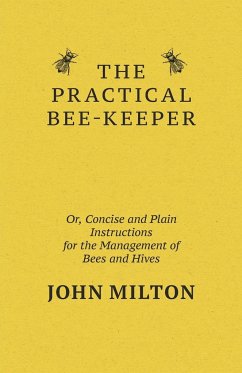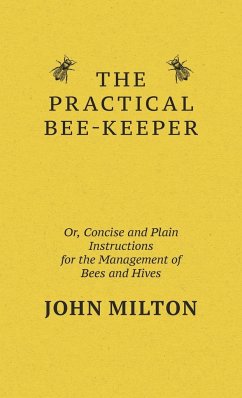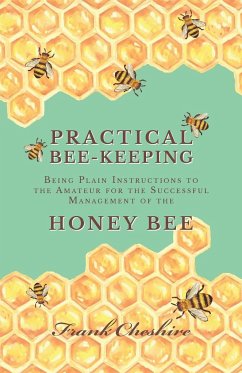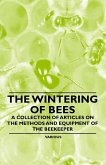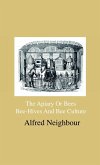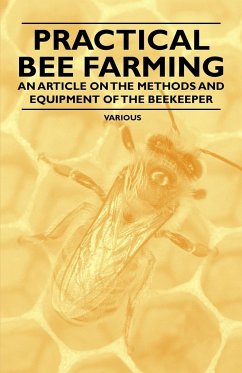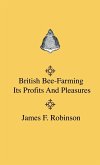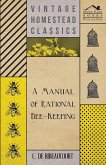"The Practical Bee-Keeper" is a complete and comprehensive guide to bee-keeping, containing chapters on everything from the natural history and society of beers, to setting up and managing a successful apiary. Although old, this profusely-illustrated guide contains information still relevant for the modern enthusiast with a practical interest in bee-keeping. Contents include: "Importance of the Bee to Man", "Its Three Sexes", "Its Sting", "Age of Bee", "Their Instincts and Social Virtues", "Temperature of Hive", "Employments of Bees", "Their Mode of Taking Rest", "Cells of Comb", "Retinue of Queen", "Transformation of Eggs and Larvae", "Artificial Feeding", "Site for Apiary", "Season for the Establishment of an Apiary", etc. Many vintage books such as this are increasingly scarce and expensive. It is with this in mind that we are republishing this volume now in an affordable, modern, high-quality edition complete with a specially-commissioned new introduction on bee-keeping.
Hinweis: Dieser Artikel kann nur an eine deutsche Lieferadresse ausgeliefert werden.
Hinweis: Dieser Artikel kann nur an eine deutsche Lieferadresse ausgeliefert werden.

